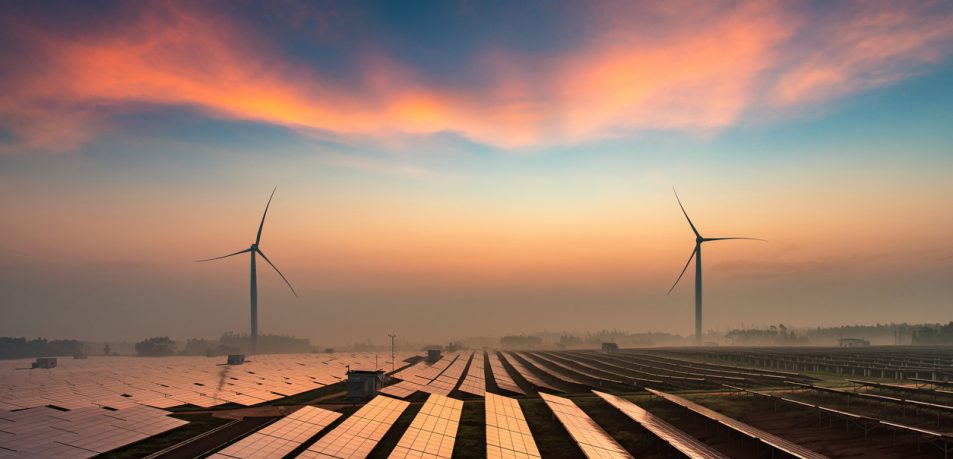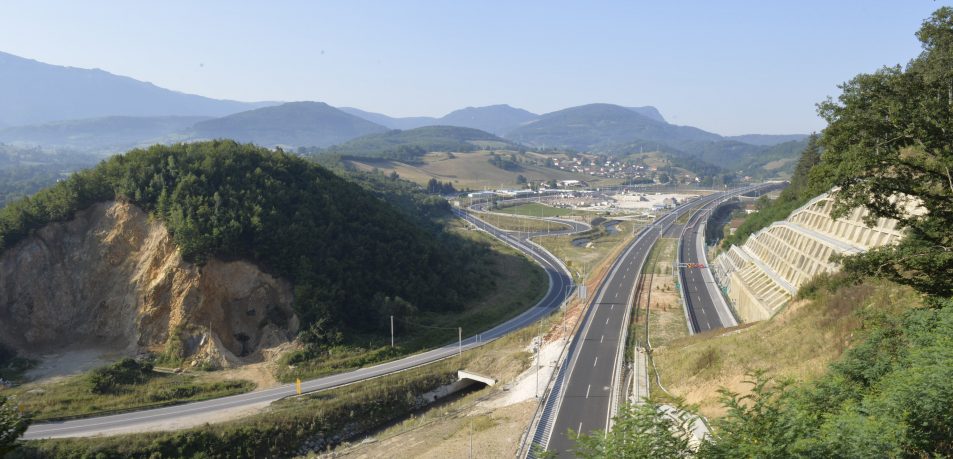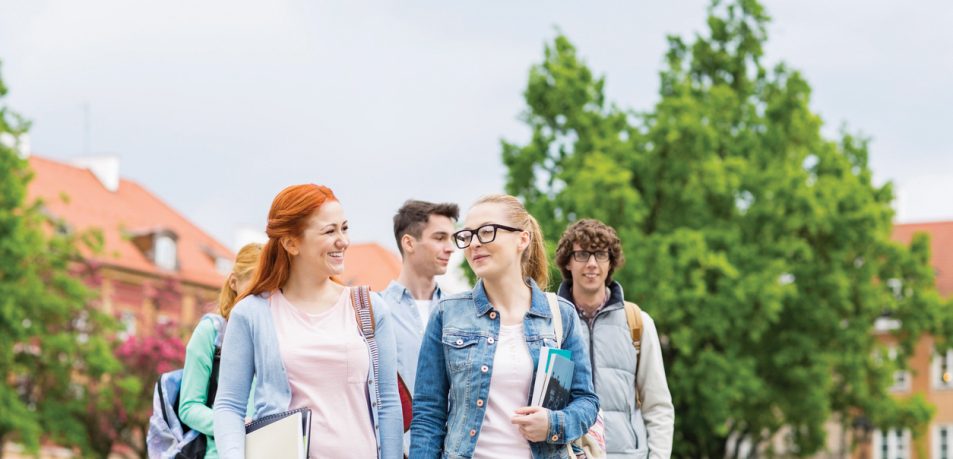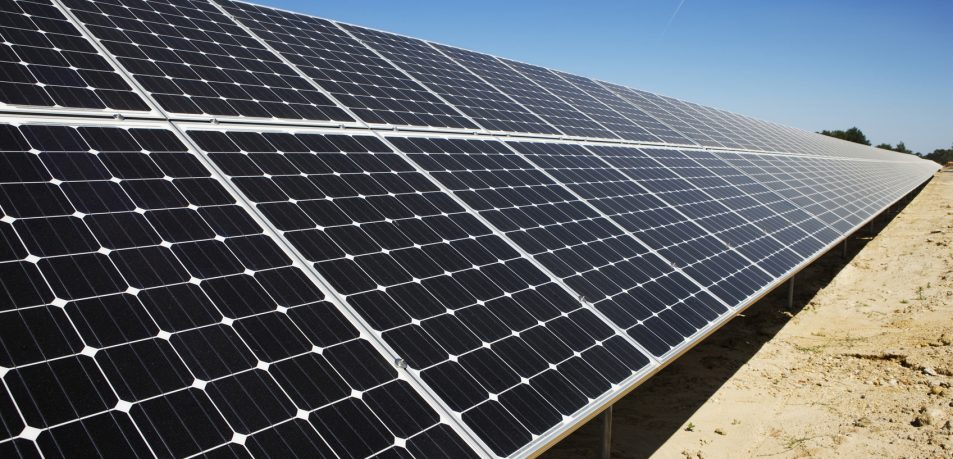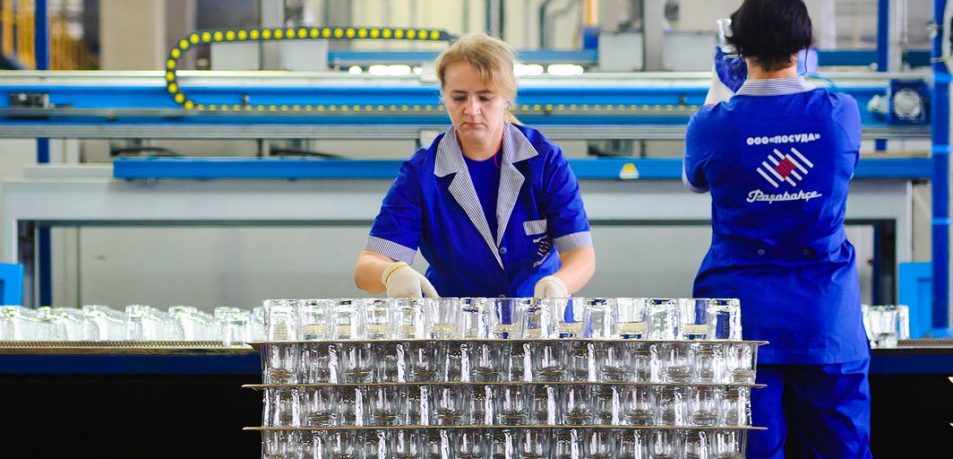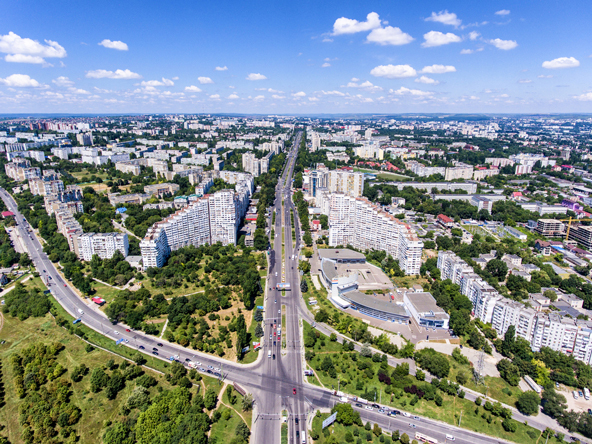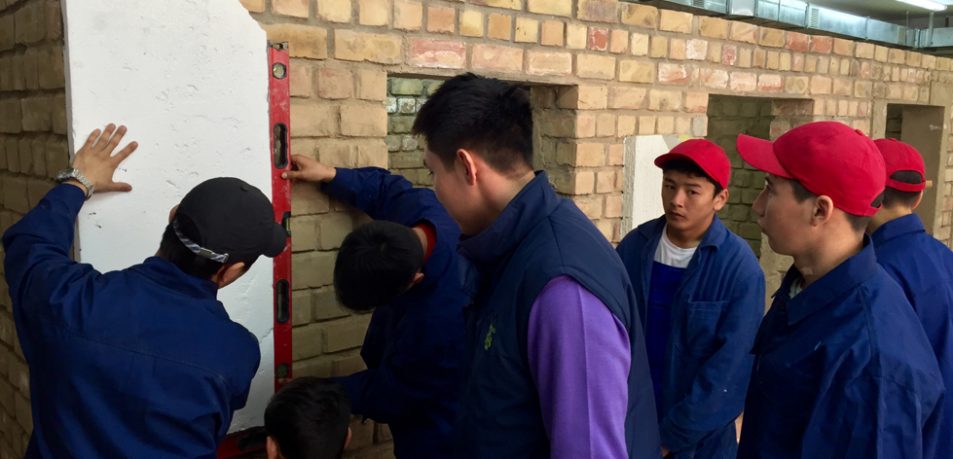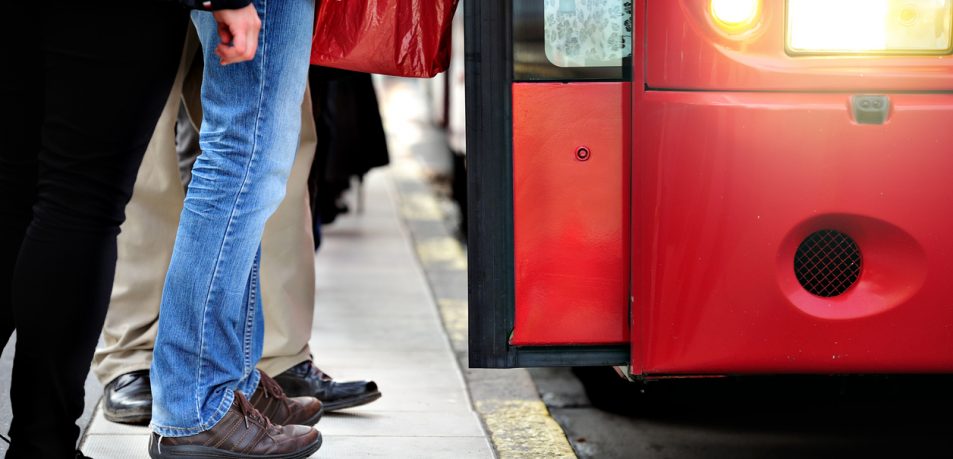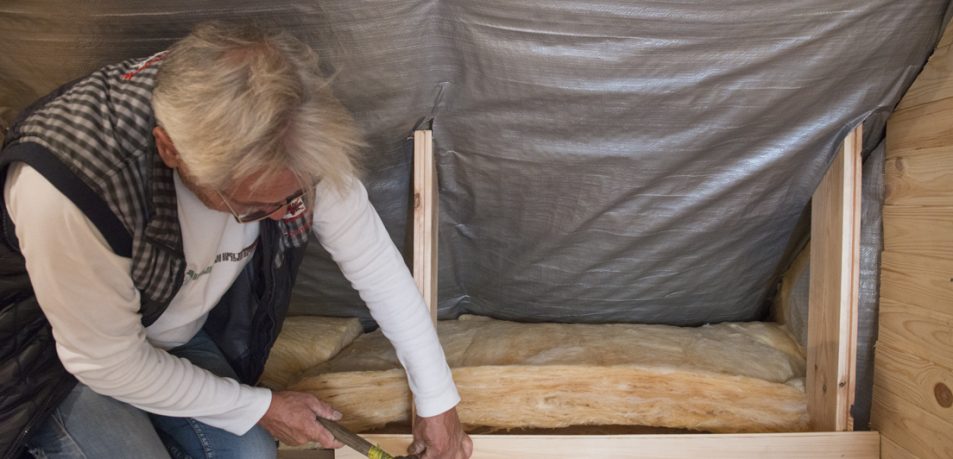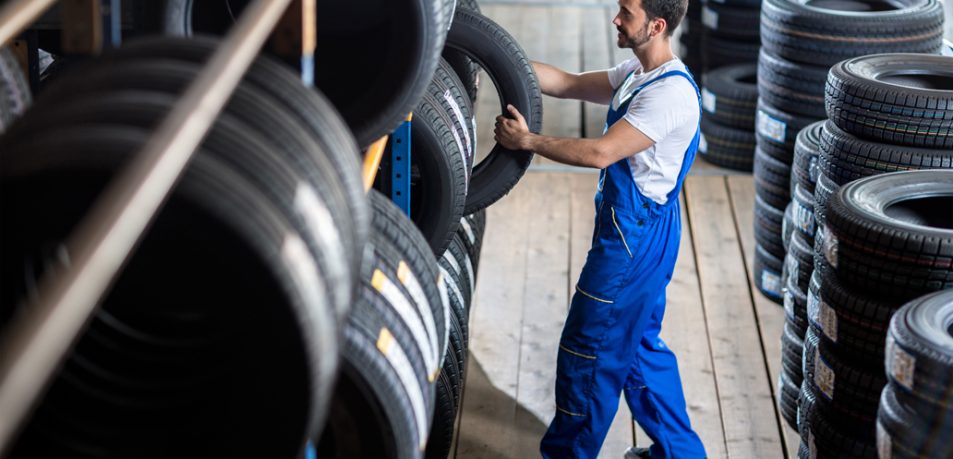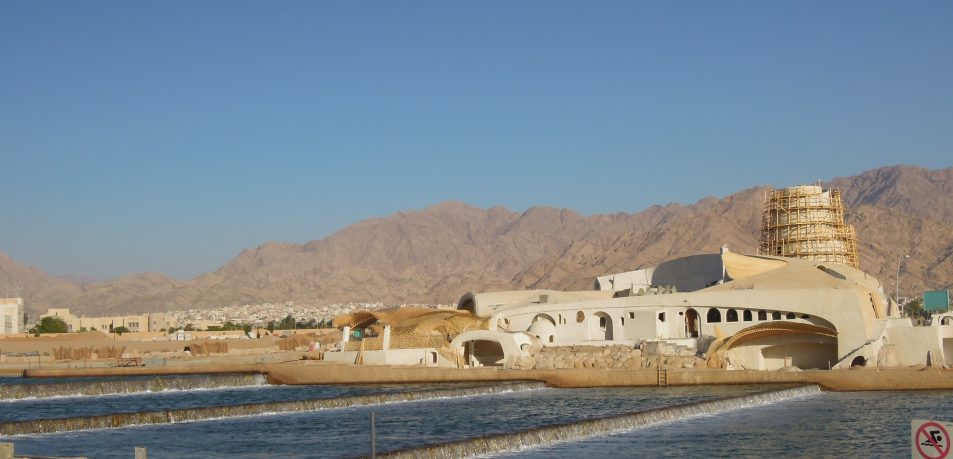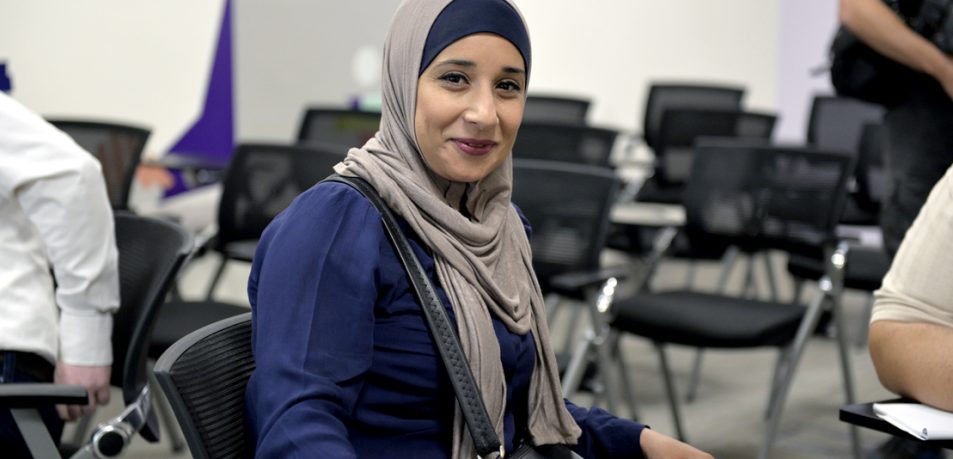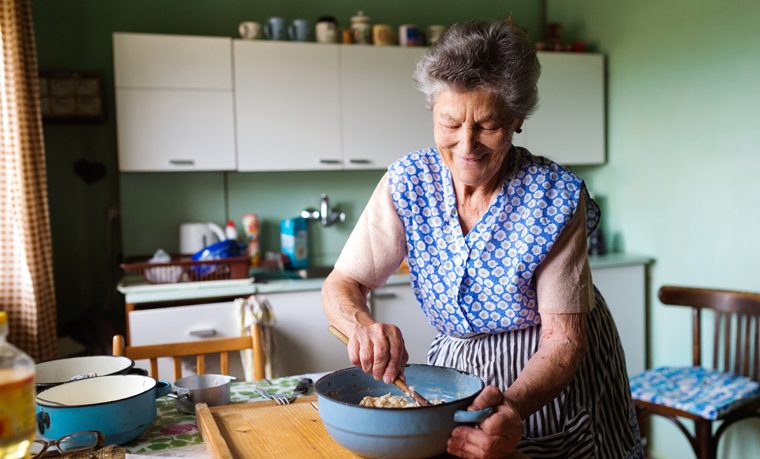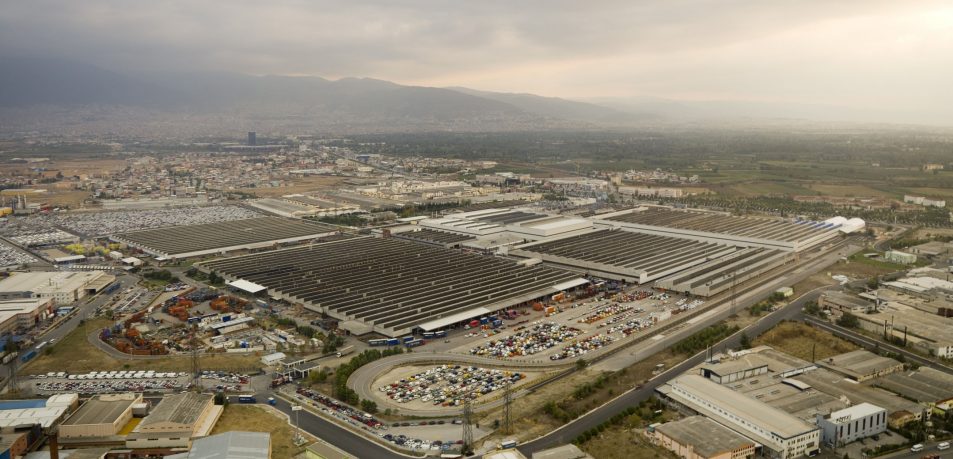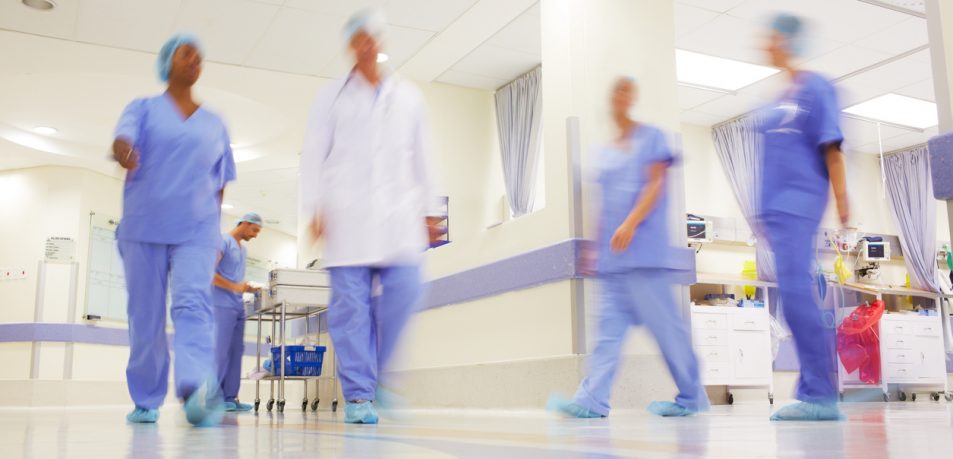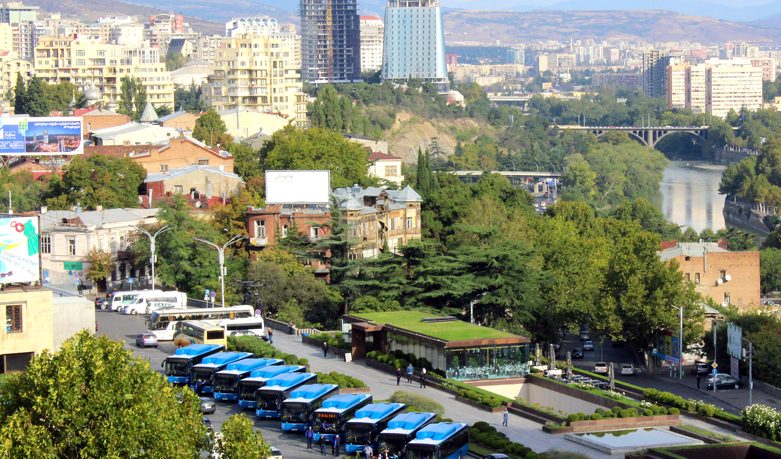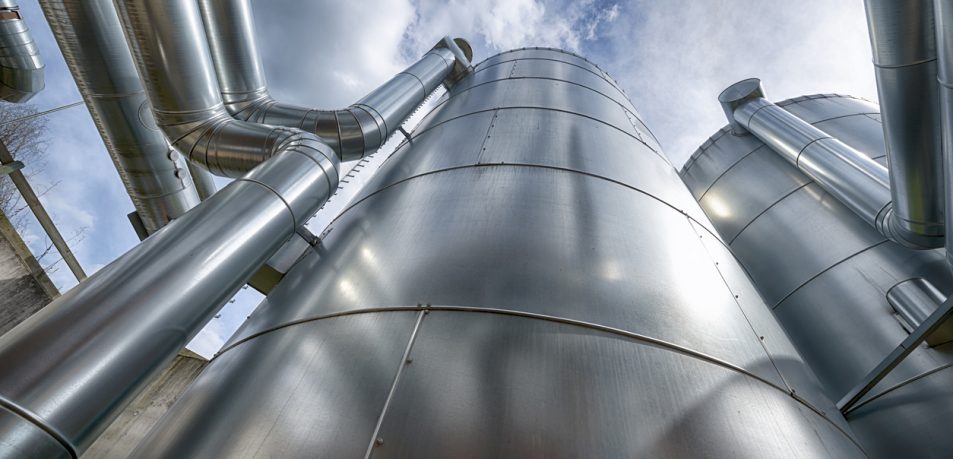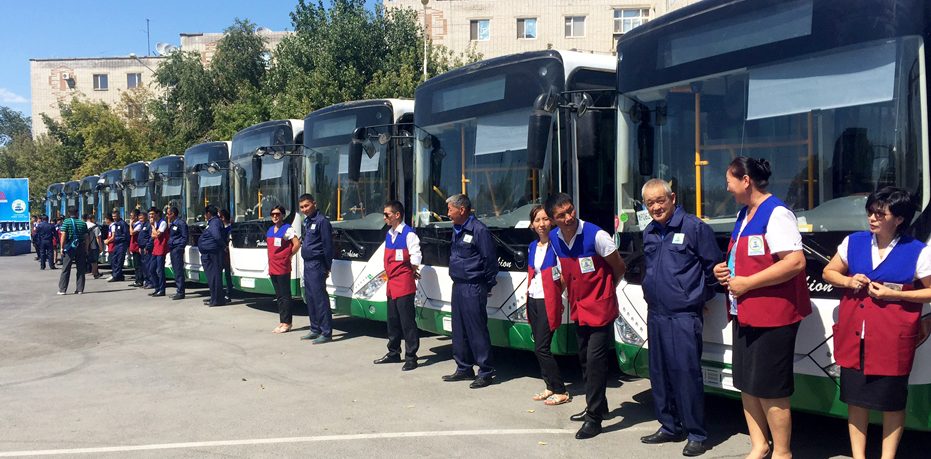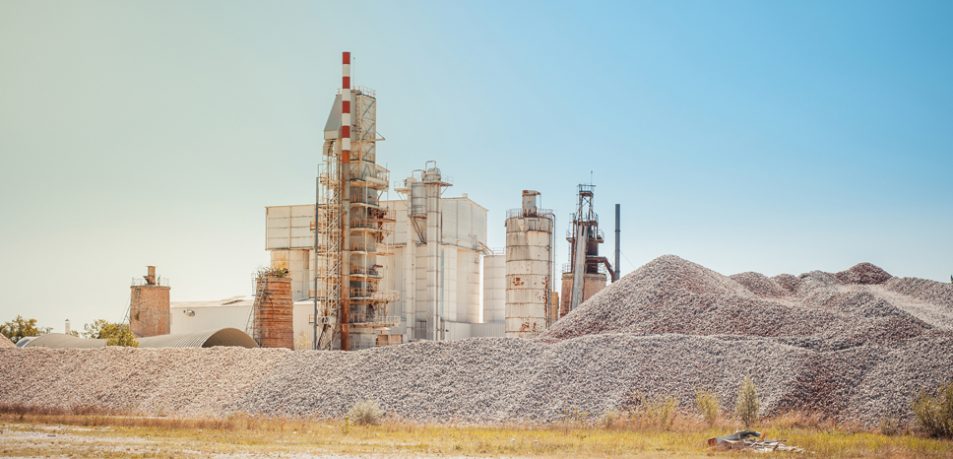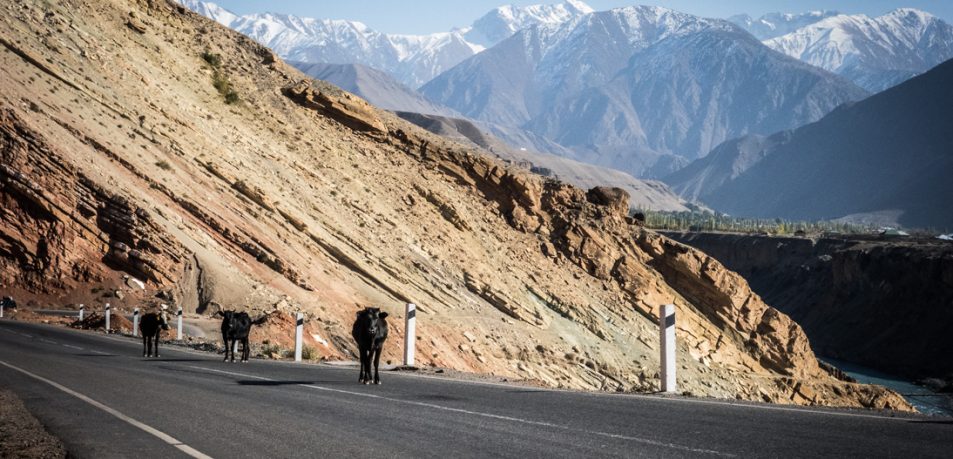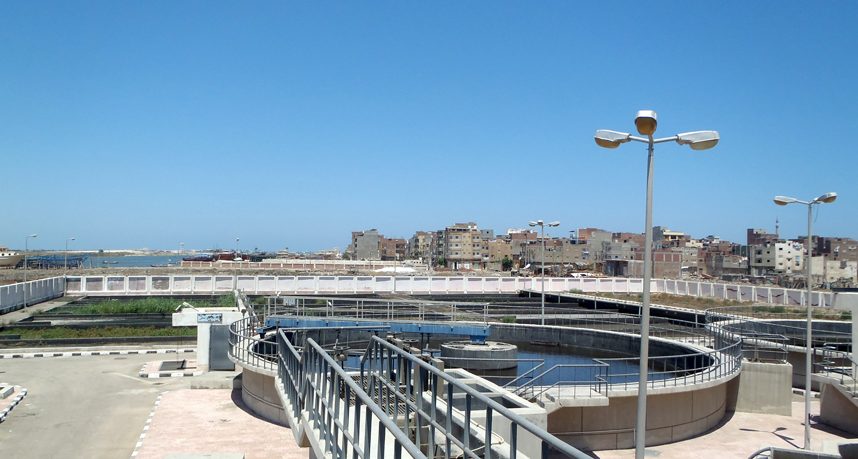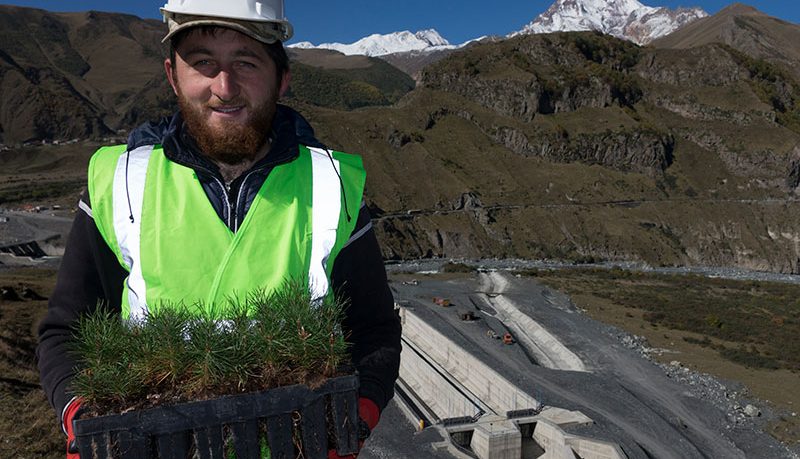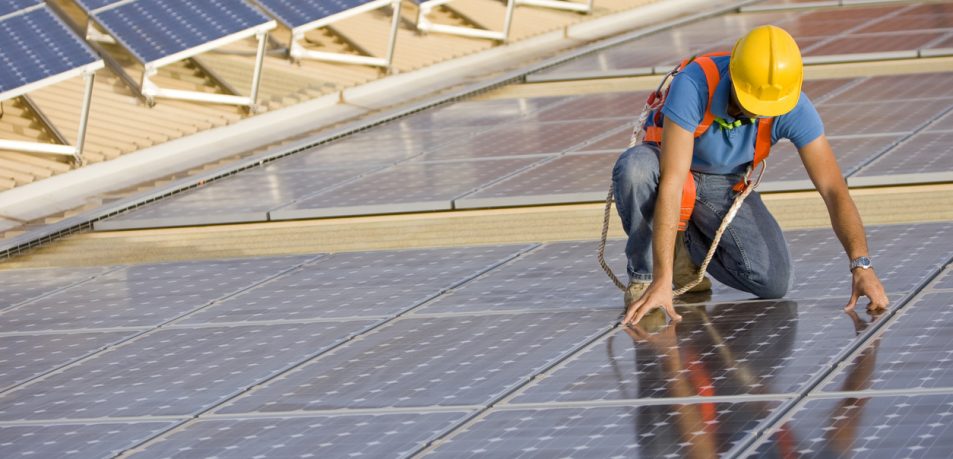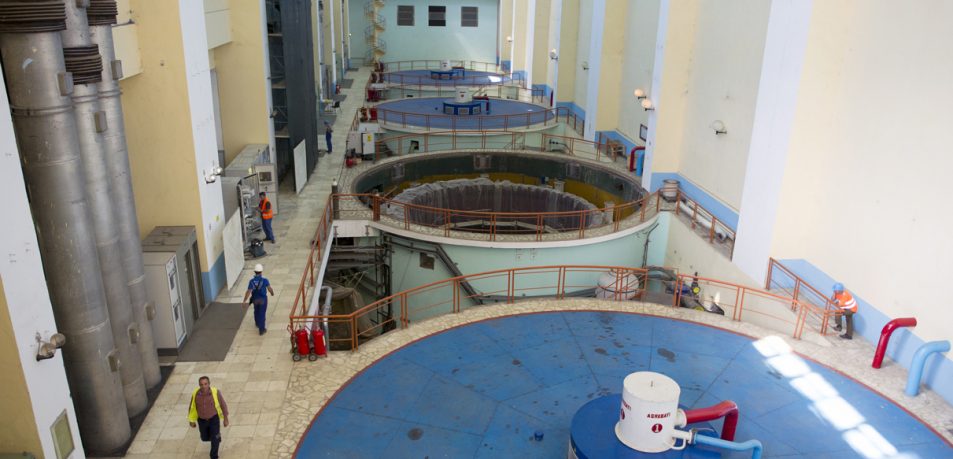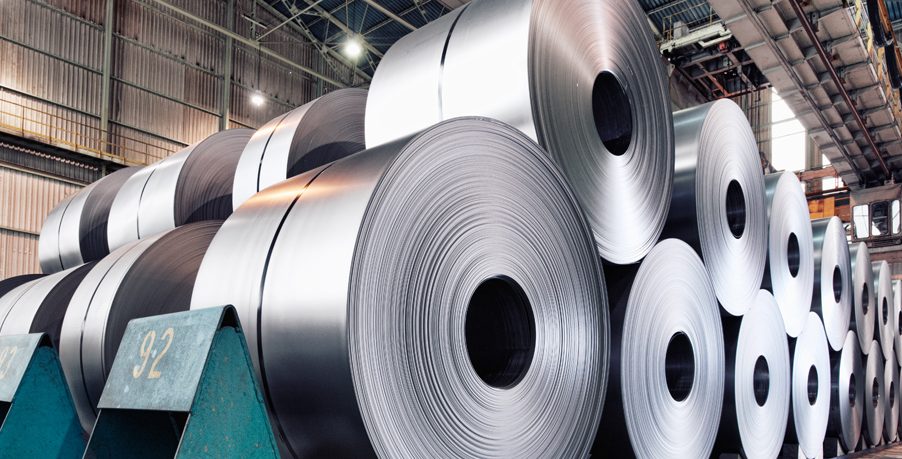Our Stories
The EBRD invests in projects, engages in policy dialogue and provides technical advice to help build strong, sustainable market economies in over 30 countries. Our activities include agribusiness, energy efficiency, equity funds, financial institutions, gender, information and communication technologies, legal reform, manufacturing and services, municipal infrastructure, natural resources, nuclear safety, power and energy, property and tourism, and transport. Read more about some of those activities.
Filter
Akbank renewable energy projects in Turkey
As part of the EBRD’s strategy to help Turkey meet a growing demand for electricity and diversify away from expensive imported fuel, while addressing climate change, in 2016 the Bank extended US$ 110 million in new funds to Turkish lender Akbank to finance private companies investing in renewable energy and resource efficiency projects in the country. Read more…
Low-carbon couriers in Ukraine
The first of the projects under the Green Logistics Programme was signed in Ukraine: a US$ 10 million loan to Ukraine’s TC Meest Express LLC, a leading provider of postal and logistics services for worldwide delivery to Ukraine, eastern Europe and the CIS region. Read more…
Road repairs and upgrades in Bosnia and Herzegovina
The EBRD provided a sovereign loan of up to €65 million to Bosnia and Herzegovina to support an infrastructure programme aimed at repairing and upgrading the country’s road network, which has been damaged by severe floods in recent years. Read more…
Greener student accommodation in Poland
Poland has the sixth-highest number of students in higher education in Europe. The current student housing stock mainly consists of university-owned dormitories and limited private accommodation offered by local individuals and small-scale private investors. Read more…
Renewable energy in Morocco
In October 2016, the EBRD, the Agence Française de Développement (AFD) and the European Investment Bank (EIB) teamed up to strengthen sustainable energy measures in Morocco, with the support of the European Union Neighbourhood Investment Facility (EU NIF). Collectively we provided a €35 million financing facility to BMCE Bank of Africa and its leasing subsidiary Maghrebail.
The finance line is the third under the Morocco Sustainable Energy Financing Facility (MorSEFF), a comprehensive programme for sustainable energy investments through financial institutions.
The proceeds of this EBRD-led facility are dedicated to financing energy efficiency and small-scale renewable energy investments. BMCE Bank of Africa will on-lend to SMEs and corporates in the commercial and industrial sectors, including commercial construction and energy service companies.
BMCE Bank of Africa will also raise awareness among its clients, promoting energy-efficient and renewable energy technologies and strengthening local production.
In addition, comprehensive technical assistance and investment incentives, funded by the EU NIF and by the EBRD Southern and Eastern Mediterranean (SEMED) Multi-Donor Fund*, will provide support to BMCE Bank of Africa in the design of business development tools and the successful implementation of the facility. It will also allow clients of BMCE Bank of Africa to receive support for project implementation, as well as investment incentives, encouraging them to make sustainable energy investments.
Şişecam glass recycling in Turkey
The EBRD stepped up its cooperation with Turkish glass producer Şişecam in 2016 by acquiring a minority stake in Şişecam Çevre Sistemleri A.Ş., a newly established recycling arm of Şişecam, and extending a €40 million loan to finance glass recycling equipment and energy efficiency investments. Read more…
Making Chisinau greener
In 2016 the Bank provided a €10 million loan to Moldova’s capital Chisinau to improve the energy efficiency of its public buildings. This was the first transaction under the EBRD’s new Green Cities Framework. Read more…
EBRD works with Kyrgyz civil society to build a sustainable future
The Kyrgyz Republic is three and a half times more energy intensive on average than EU countries. Its continental climate leads to temperatures ranging from -30°C in mountain villages in winter to over 40°C during summer.
There are huge opportunities to cut harmful CO2 emissions, help people save money and make their homes more comfortable. Read more…
A new trolleybus fleet for the city of Kremenchuk
The EBRD supported a loan of up to €8 million to Kremenchuk municipal trolleybus company (KTU) for the acquisition of 50 new low-floor trolleybuses, including spare parts and maintenance tools, as well as workshop maintenance and diagnostic equipment for the new fleet. Read more…
Boosting residential energy efficiency in Ukraine
Launched in April 2016, the Ukraine Residential Energy Efficiency Financing Facility (IQ energy) promotes residential energy efficiency in a country which contains one of the largest housing stocks in Europe (over 10 million buildings). Read more…
Supporting job creation in the Turkish tyre industry
The EBRD has extended a US$ 150 million long-term loan to Brisa Bridgestone Sabancı Lastik Sanayi ve Ticaret A.S., a leader in the Turkish tyre sector. Read more…
Sustainable tourism in Jordan
In December 2015, the EBRD approved a senior loan to support the development and operation of the first phase of the Ayla Village, part of the Ayla Oasis regeneration project, which is located in Aqaba on the border between Jordan and Israel. Read more…
Job opportunities for youth through Abdali Mall Training Centre
The EBRD has supported the creation of job opportunities for young people in Jordan with the opening of the Abdali Mall Recruitment and Training Centre (AMRTC), a dedicated on-site training facility in Amman, in October 2016. Read more…
A toolkit for gender equality in district heating
According to a UNIDO study, the behaviours and attitudes of men and women towards energy efficiency differ. Women are more likely to keep energy levels low –consuming up to 22 per cent less energy than men – through a greater willingness to alter their everyday behaviours. Read more…
Gender equality in the Turkish automotive industry
During 2016, the EBRD provided technical support to TOFAS, a leading car manufacturer in Turkey, to improve its human resources policies and practices in the area of equal opportunities with a view to improving women’s participation in the automotive industry. Read more…
Equal Opportunities Advisory Services with Kosovo Infrakos
Kosovo has the lowest female labour force participation rate in Europe. In 2014 only about 21 per cent of women in Kosovo were active in the formal labour market, compared with 61 per cent of men. Read more…
New green hospitals in Izmir, Turkey
Turkey’s Ministry of Health has developed a new hospital facilities management PPP programme which aims to deliver up to 29 new hospitals with capacity for 42,000 patients at a total investment of up to €14 billion. Read more…
Green buses, green city
Tbilisi is home to 1.2 million people, roughly a third of Georgia’s total population. The current bus network in the city consists of around 680 buses. The vehicles are old, resulting in frequent breakdowns, decreasing average speeds and worsening traffic. Read more…
Modernising water and wastewater services in Lviv
The water and wastewater system in Ukraine is plagued by excess capacity – meaning, production is less than what is achievable or optimal – and requires a careful realignment of operations to adapt to new demands. Read more…
Green buses in Kazakhstan
In August 2016, 50 clean, modern and accessible buses arrived in the city of Kyzylorda, raising the quality of local transport for thousands of citizens in this major regional centre in southern Kazakhstan. Read more…
Reducing carbon emissions in the Egyptian cement industry
The EBRD, in cooperation with Egypt’s Ministry of Industry and Trade, the Egyptian Environmental Affairs Agency (EEAA), the Chamber of Building Materials Industries/Cement Industry Association (CBMI) and the Cement Sustainability Initiative (CSI) of the World Business Council for Sustainable Development (WBCSD), presented a report in September 2016 containing recommendations for policy actions from the Egyptian government that may provide effective incentives for the cement industry to improve its energy efficiency and to reduce CO2 emissions. Read more…
Helping Tajikistan with climate change
The EBRD, in partnership with the Pilot Program for Climate Resilience (PPCR) of the Climate Investment Funds, officially launched CLIMADAPT, the Tajikistan Climate Resilience Financing Facility, in February. CLIMADAPT aims to help Tajik households, businesses and farmers cope with the effects of climate change and to support the country’s transition towards a green economy. Read more…
Improving civil society knowledge and practice in sustainable water and wastewater management issues in Egypt
Concerns related to wastewater disposal are widespread throughout Egypt. In particular, the Kafr El Sheikh governorate has the highest percentage of bacterial contamination of waters (52.1 per cent), with only 46.8 per cent of households, on average, connected to the public sanitation network. In the districts of Burullus, Desouk and Motobas, this figure is as low as 1.5 per cent. Quantitative data show that sanitation is believed to be one of the most pressing problems in the governorate. Read more…
Carbon neutral hydropower plant in Georgia
With its high mountains and over 25,000 rivers, investing in hydroelectric power plants is a priority for Georgia, since the untapped potential of this energy source, once developed, could alleviate the country’s dependence on fossil fuel imports and boost its energy exports to neighbouring countries and wider Europe. Read more…
Isbank renewable energy projects in Turkey
In 2016 the EBRD provided US$ 55 million in new funds to Turkish lender Isbank to finance private companies investing in renewable energy and resource efficiency projects in Turkey. Read more…
Modernising electricity in Albania
In 2016 the EBRD supported the modernisation of Korporata Elektroenergjitike Shqiptare (KESH), the largest generator of electricity in Albania, with a €218 million loan to support a company restructuring and reform package.
KESH is a state-owned electricity generation company that provides 70 per cent of total domestic generation and is active in the regional energy-generating sector. Read more…
Erdemir steel energy efficiency
In 2016 the EBRD extended a €75 million loan to the steelmakers Erdemir and Isdemir, both part of Erdemir Group, the largest steel producer in Turkey. Read more…
Boosting Ukraine’s grain export sector
Grain exports are a vital source of foreign revenue for Ukraine at a time of ongoing economic uncertainty and the agribusiness sector is important for attracting foreign direct investment to the country. Last year, the EBRD invested in two projects aimed at easing transport bottlenecks in Ukraine’s grain export sector.
A US$ 40 million (€38 million equivalent) loan to G N Terminal Enterprises will enable the company to expand the capacity of the grain terminal it operates in the port of Odessa. The Bank also extended a US$ 34 million (€32 million equivalent) loan to local company MV Cargo for the development of a modern, deep-water grain terminal in the port of Yuzhny.


